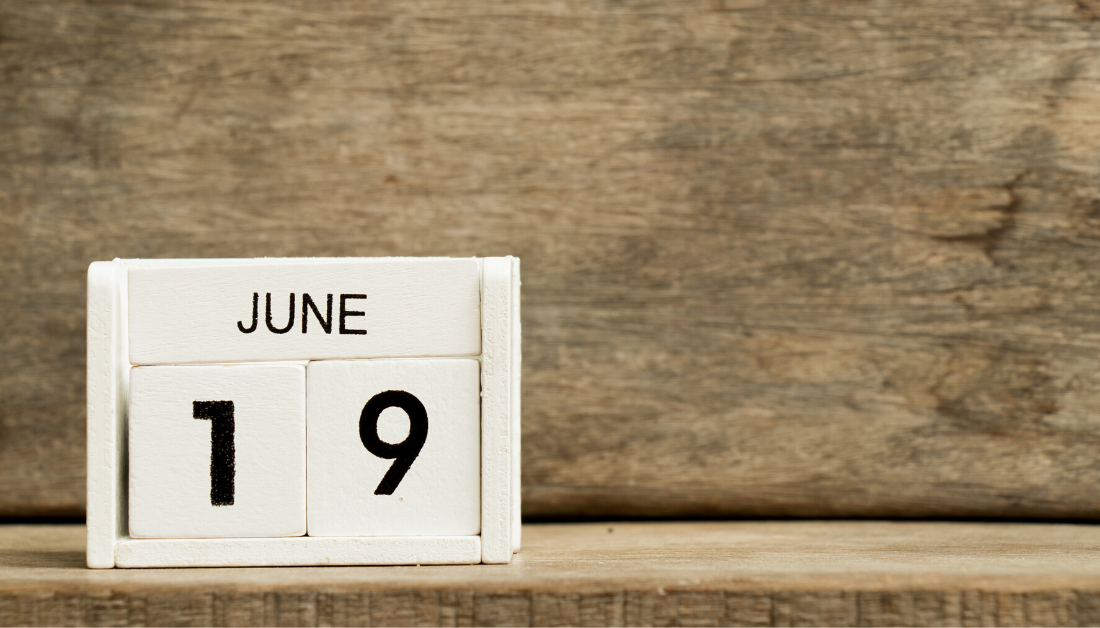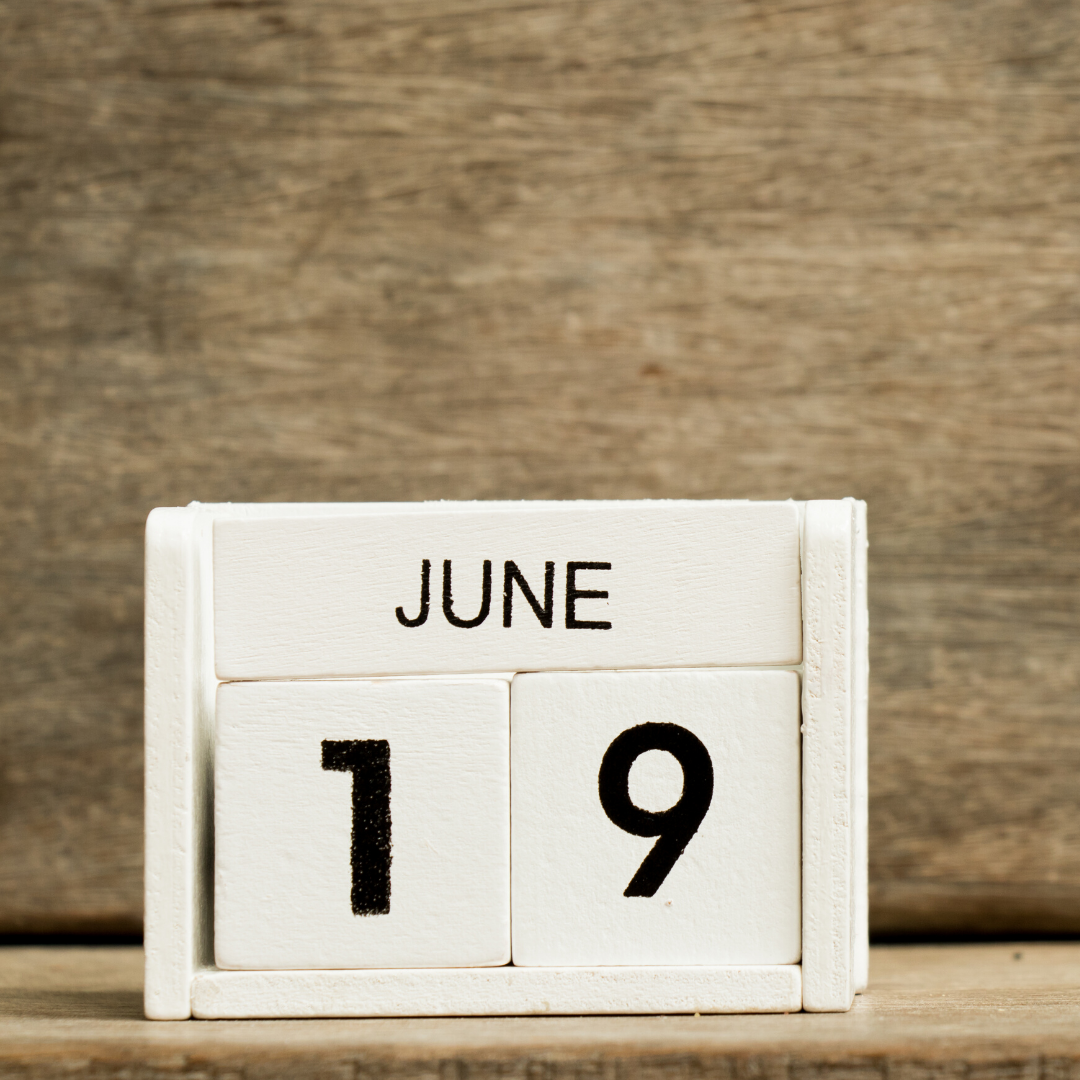
I started hearing and learning about Juneteenth a few years ago as a holiday where African Americans celebrated emancipation from slavery. I was a white woman writing about race and privilege and culture, so I tried to pay attention to things like this, but the past few years, Juneteenth still snuck up on me. I would get to this point in June and see posts from various Black friends and social media types, and I would kick myself for forgetting Juneteenth, again.
Learning About Juneteenth
I admit this forgetfulness for two reasons. One, because it is yet another demonstration of the ways in which a traditional white version of American history and celebration is central in my life and in the life of most white people. Learning about Juneteenth—what it commemorates, how it has been celebrated, and why it matters—helps me expand my perspective and stand in support of my fellow Americans.
Two, I admit this because there are still a lot of white people who don’t know what Juneteenth is, and who honestly wonder whether they are just too late to the conversation about race and justice and healing. It’s not too late to learn.
Celebrating Juneteenth
This year, I marked Juneteenth on my calendar ahead of time, but I realized I still didn’t fully understand the holiday. What was it for? Why this day? How was it celebrated?
The origins of the holiday go back to the announcement in Galveston, TX, that slavery had ended. This day—June 19th, 1865—marked the day that the last enslaved people learned that they were free. Because I am not Black, and because I am new to knowing about and understanding this holiday, I am not going to try to explain it here. I do, however, want to point readers to this helpful essay by Brianna Holt about her experience as a child and as an adult celebrating Juneteenth.
She writes:
[Juneteenth celebrations] acted as a reminder that there was a community of people who were rooting for you, supported you and wanted to see you succeed…
Attending a Juneteenth celebration was freeing: I had the freedom to wear my hair however I wanted without judgment, to dress however I wanted without comments and to express myself without microaggressions. All of these freedoms granted to me as a child have molded me into the proud black woman I am now. It’s the one day each year that I’ve been able to exist, unapologetically and unproblematically, in a space surrounded by people who have my growth in their best interest.
I asked a few of my Black friends about their experiences with Juneteenth. Some of them remember huge city-wide celebrations going back decades. Others are only celebrating for the first time this year. Osheta Moore has curated photos of what she calls “black joy” (#blackjoy) on Instagram. I love her vision of this day, this whole week, as a day of celebration even in the midst of ongoing sorrow.
To read further with Amy Julia:
If you haven’t already, please subscribe to receive regular updates and news. You can also follow me on Facebook, Instagram, and Twitter, and you can subscribe to my Love is Stronger Than Fear podcast and my Reading Small Talk podcast on your favorite podcast platforms.



